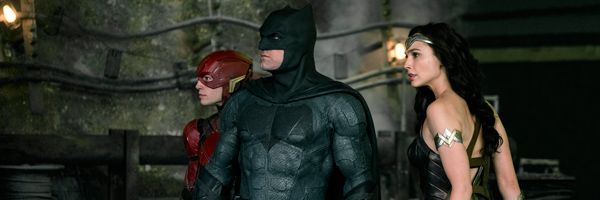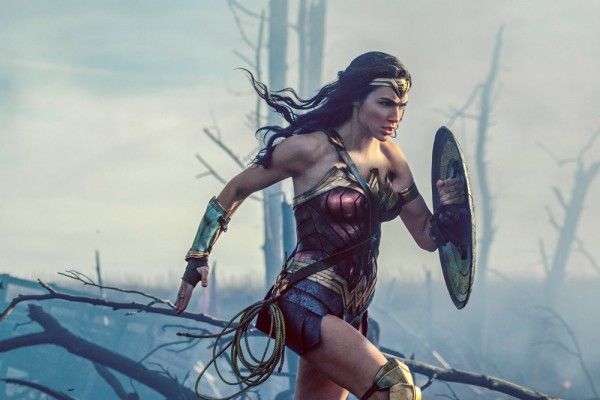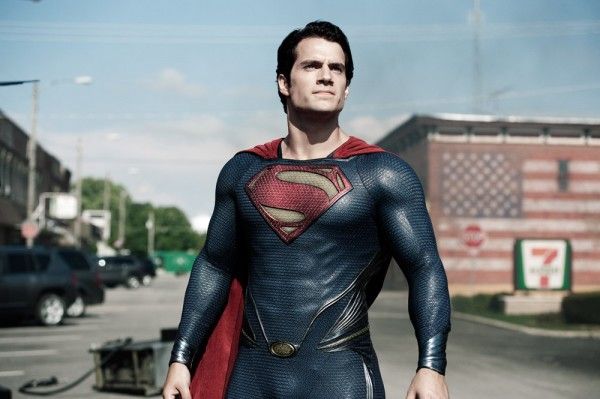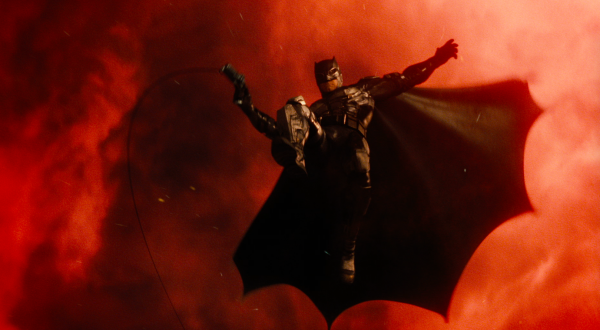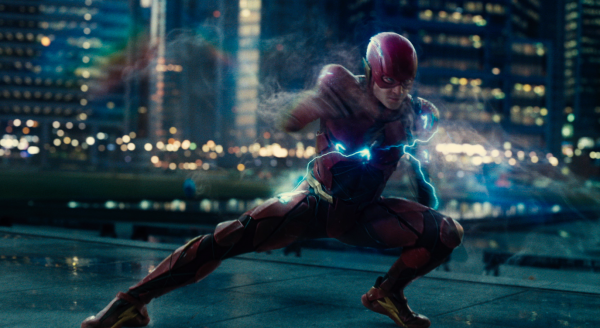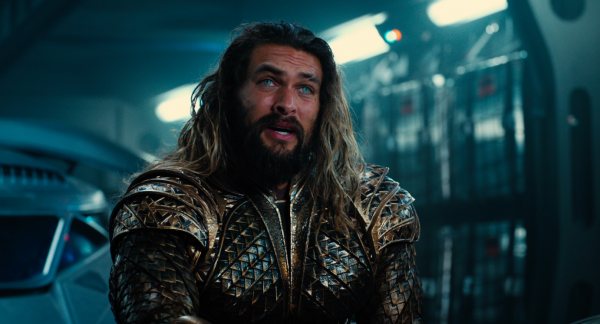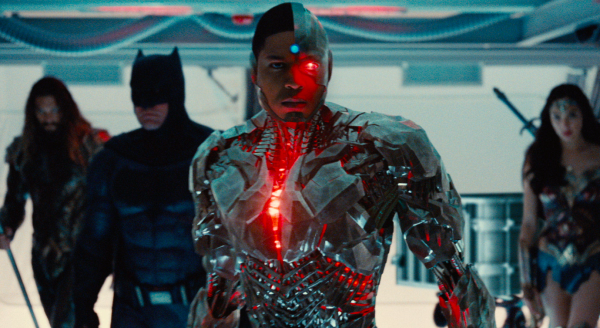It’s no secret that Warner Bros. and DC Films have had trouble finding their way as far as the DC Extended Universe is concerned, but there seems to be agreement that they may finally be hitting upon a solid road ahead. This summer’s Wonder Woman, the fourth film under the DCEU banner after Man of Steel, Batman v Superman, and Suicide Squad, was the studio’s first unqualified success both commercially and critically (it’s about to become the highest grossing superhero origin story ever), and the touchstones of that movie are paving the way forward in more ways than one.
Fans and critics alike noted Wonder Woman’s emphasis on warmth, humanity, and humor over grit and depression, and DC Entertainment Chief Creative Officer Geoff Johns has already noted those are touchstones for future DCEU films. But in a new lengthy profile in Vulture, it’s revealed that the DC Films folks are taking another lesson from Wonder Woman: pull back on the whole “cinematic universe” thing. DC Entertainment president Diane Nelson, who along with Johns has helped forge this path forward, broke the news:
They’re not giving up on the idea of continuity, but they want to deemphasize the idea that all of these flicks are occupying the same space. “Our intention, certainly, moving forward is using the continuity to help make sure nothing is diverging in a way that doesn’t make sense, but there’s no insistence upon an overall story line or interconnectivity in that universe,” says Nelson, drawing nods from the top brass around her.
This is an incredibly smart move. Warner Bros. got off on the wrong foot thinking they could fast forward to the same success that Marvel had with its Marvel Cinematic Universe, but copying what’s already working isn’t the way forward—putting your own twist on that is. Here, Warner Bros. can do what Marvel cannot: offer filmmakers a significant degree of creative freedom to make their films really stand out as their own, while keeping some loose connectivity from film to film.
“The movie’s not about another movie,” says Johns. “Some of the movies do connect the characters together, like Justice League. But, like with Aquaman” — one of their next efforts, out in 2018 — “our goal is not to connect Aquaman to every movie.” As Nelson puts it, “Moving forward, you’ll see the DC movie universe being a universe, but one that comes from the heart of the filmmaker who’s creating them.”
One of the ways they’re doing this is with a brand new yet-to-be-named arm that will create entirely standalone DC films, wholly disconnected from the DCEU with different actors in the roles. The first one in development is a Joker movie to be directed by Todd Phillips, and Johns confirms this plan is in place but they haven’t announced the name of this new label just yet.
The profile offers a lot of insight into how, exactly, DC got to where it is right now, painting Johns and Nelson as champions of a lighter DCEU who were shushed or ignored in the early days. Christopher Nolan hatched the idea for Man of Steel with David S. Goyer and offered two names as top choices to direct: Zack Snyder and Darren Aronofsky. Warner Bros. went with the former and the rest is history.
“Geoff Johns and Diane were reading scripts, and Geoff Johns, to his credit, was concerned that there was not enough lightness or humor, given who the character is,” recalls one person with knowledge of the making of Man of Steel. “Geoff definitely raised that point, but that current administration didn’t care that much about what Geoff Johns thought.”
After Johns helped create the CW superhero universe with shows like Arrow and Flash, and after a couple of poorly received films, Warner Bros. brought Johns and Nelson in to take a stronger creative hold on the DCEU, and that began in earnest in the development of Wonder Woman. “Heart, heroics, humanity, and humor” are the four things that DC Films co-head Jon Berg says they talk about with regards to the DCEU going forward, and you can expect to see that on full display in next summer’s Aquaman even if Justice League is a big ol’ question mark at this point.
Indeed, Johns and other WB heads declined to address the rumors of troubles on Justice League, but it’s possible Joss Whedon came in just in time to right the ship. We’ll find out this November, but regardless, Johns, Nelson, Berg and the rest of DC Films are finally forging a unique path forward for the DC Extended Universe: a series of superhero films with loose connectivity, maximum artistry, and an emphasis on heroics. That sounds pretty darn good to me.

